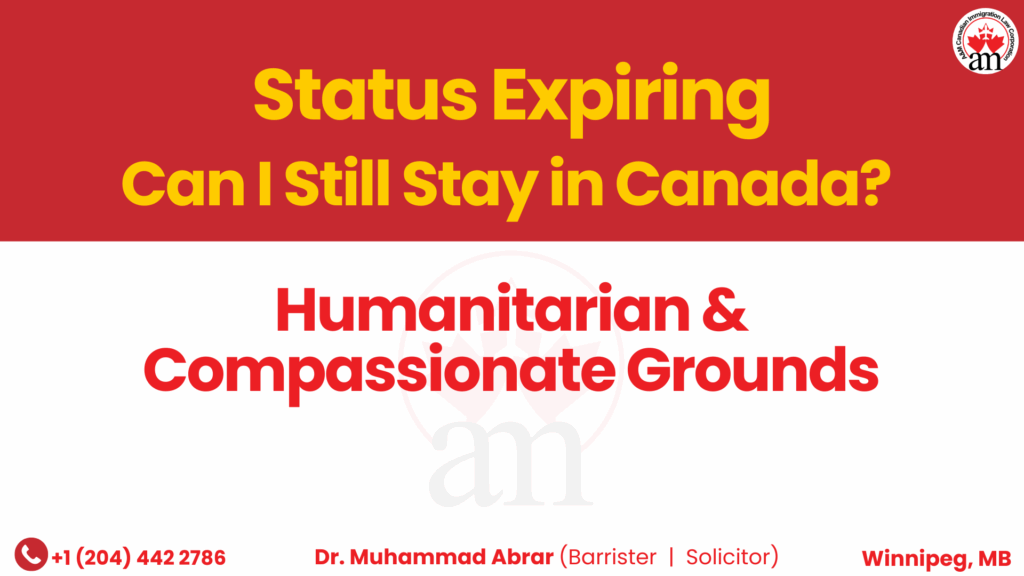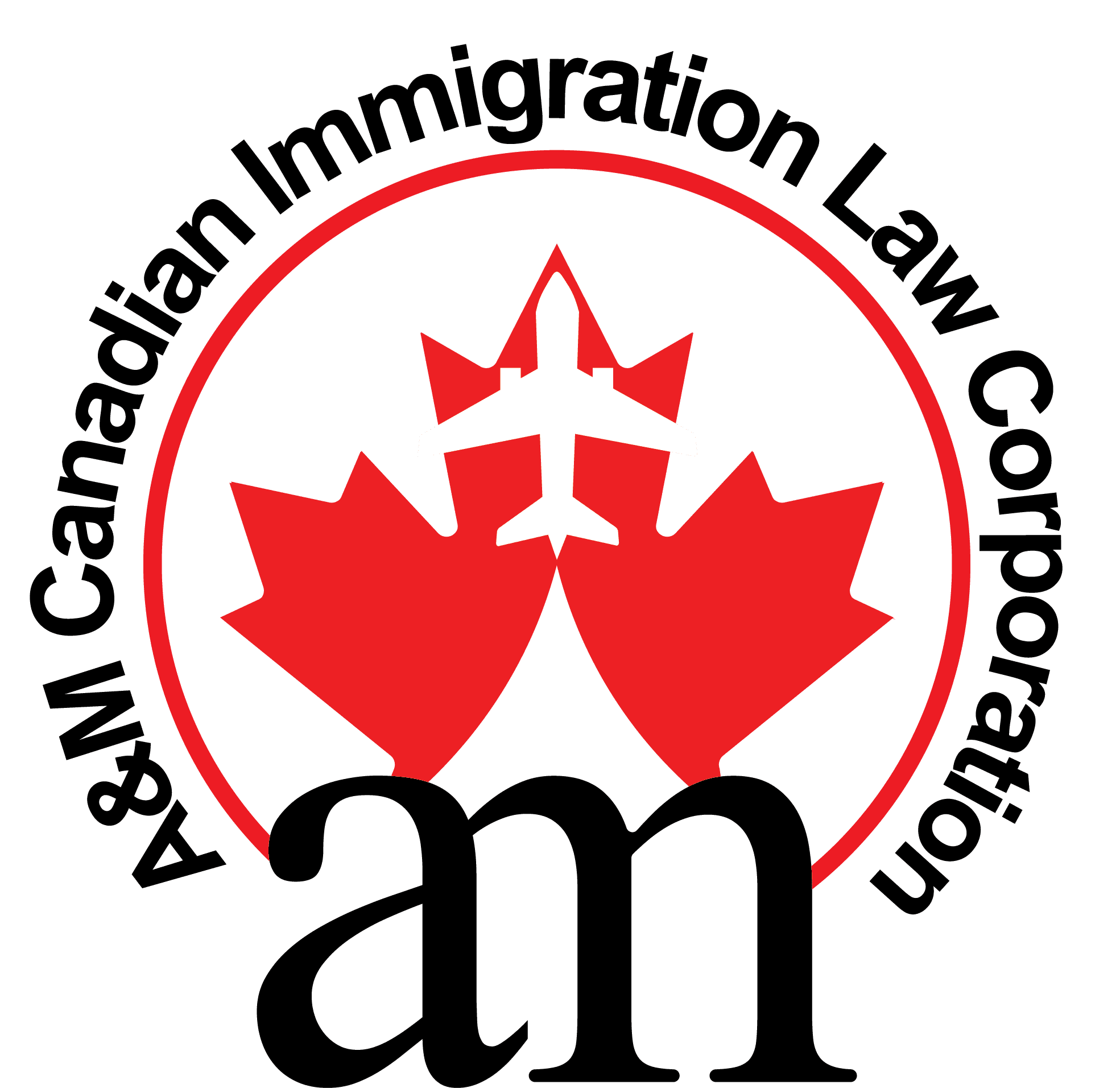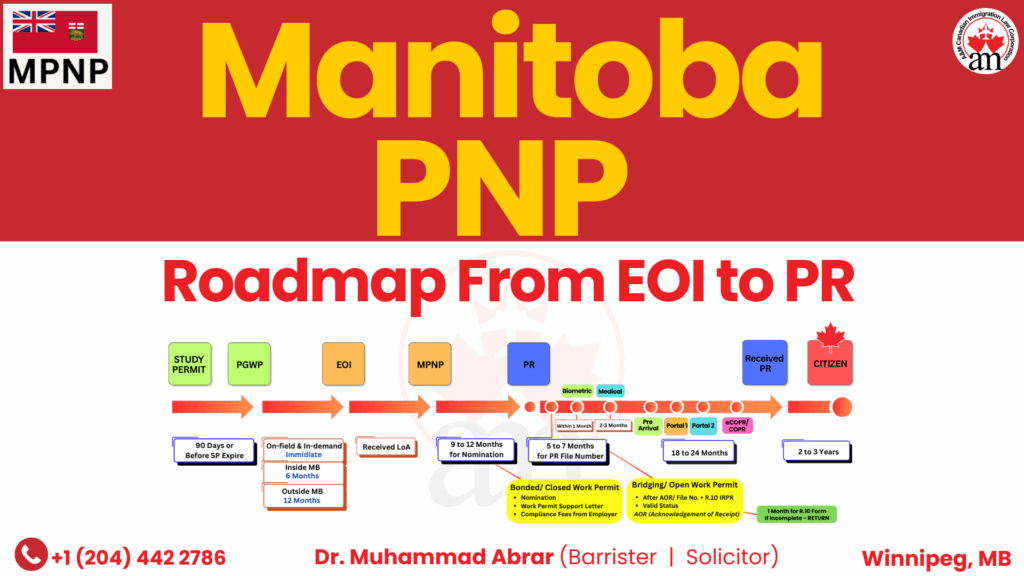
Status Expiring in Canada? How Humanitarian & Compassionate Grounds Can Help
https://youtu.be/yc5h0Tcia70?si=agcTBA7sILcqpYf4 Status Expiring in Canada? How Humanitarian & Compassionate Grounds Can Help If your immigration status in Canada is about to expire and conventional pathways are not an option, there may still be a way to legally remain in Canada. Under Section 25(1) of the Immigration and Refugee Protection Act (IRPA), the government may grant exemptions on Humanitarian & Compassionate (H&C) grounds based on exceptional life circumstances. Who Can Apply? Inside Canada: Foreign nationals can submit a direct PR application on H&C grounds from within Canada. IRCC provides a detailed guide (Guide 5291) outlining the process for humanitarian applications. This pathway allows applicants to request permanent residency, work permits, or temporary residence based on compassionate considerations. Outside Canada: While there is no separate H&C application, you can request consideration through existing applications such as: Family sponsorship Economic immigration programs Refugee applications Rule 66 of the Immigration and Refugee Protection Regulations (IRPR) provides the framework for these requests. Key Factors Considered by IRCC When reviewing an H&C application, visa officers evaluate: Best interests of children Establishment in Canada Hardship or adverse conditions in the home country Public policy or compensation grounds Gender-based risks Medical conditions Applicants must present: Compelling evidence and documentation Strong personal narrative and story alignment with IRCC policy Legal considerations and case law supporting their claim Procedure For applicants outside Canada, an initial refusal from IRCC may be transferred to the H&C department for review. Inside Canada, you can apply directly through the IRCC H&C process. Navigating H&C applications is complex and requires precise documentation and legal guidance. A licensed Canadian immigration lawyer can ensure your application is complete, strong, and legally sound, maximizing your chances of approval. Contact us today for a free consultation to explore your H&C options and understand the steps you can take to stay in Canada legally.








